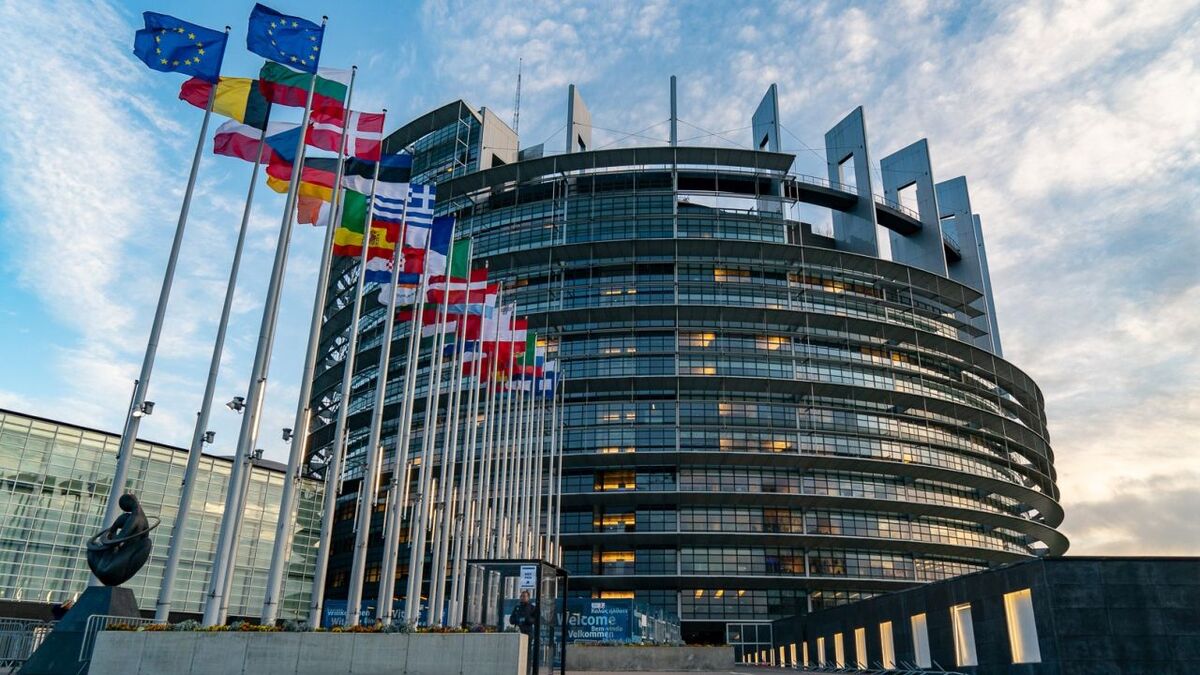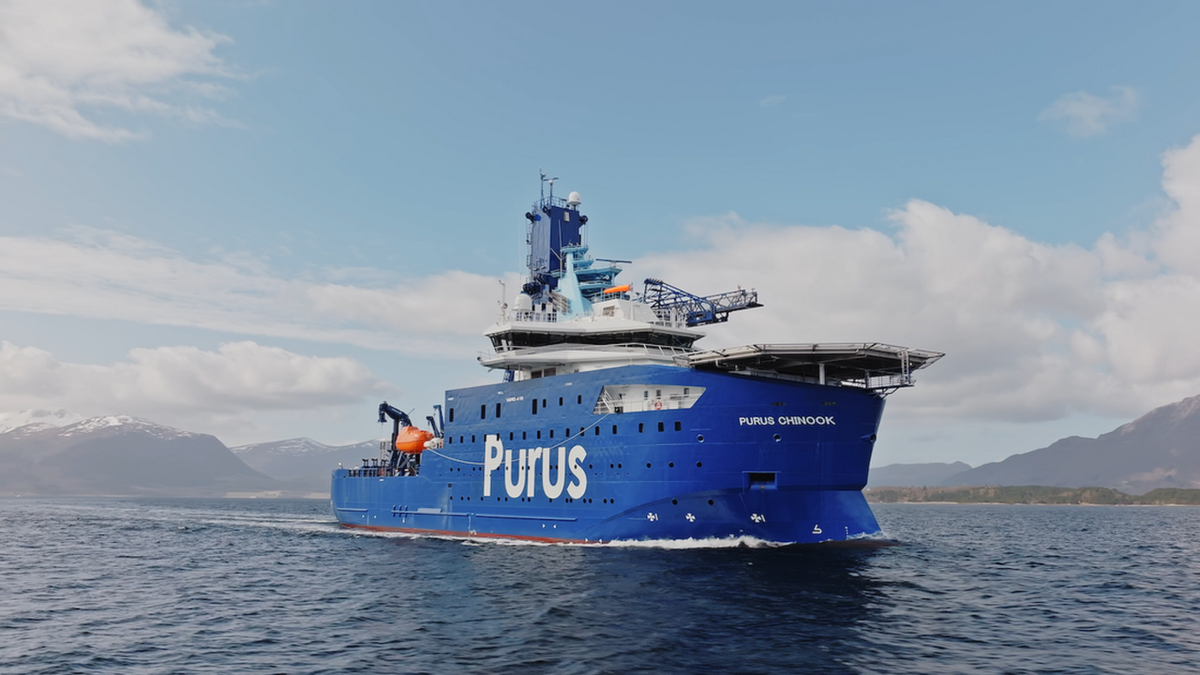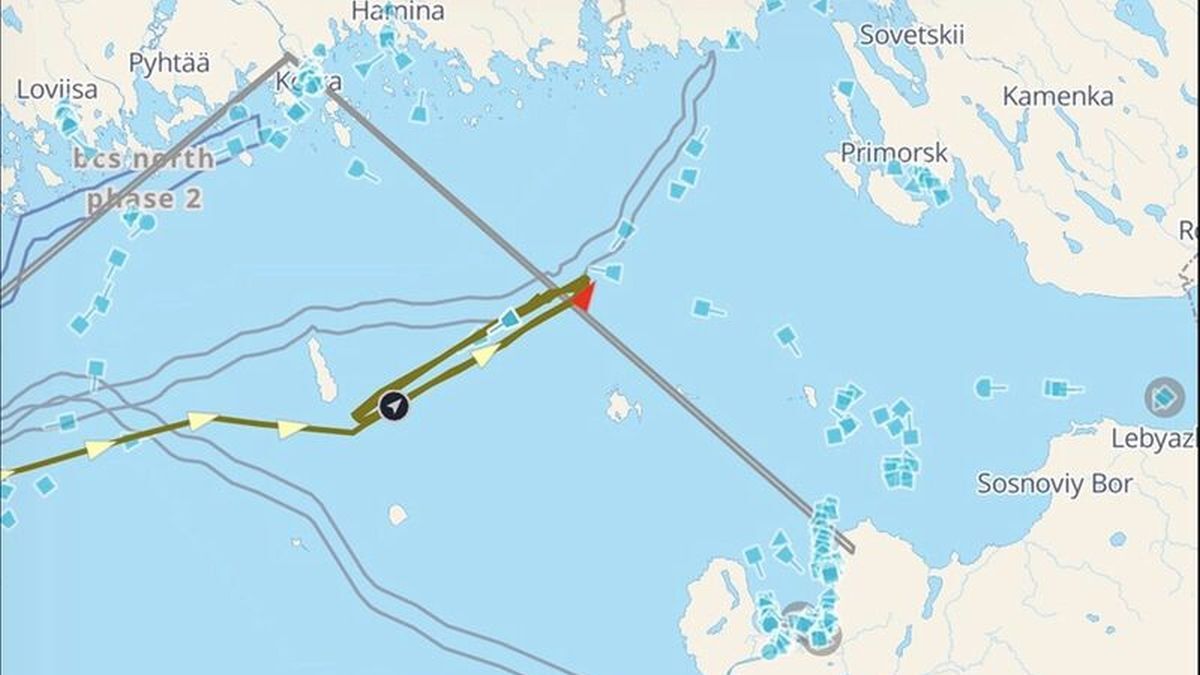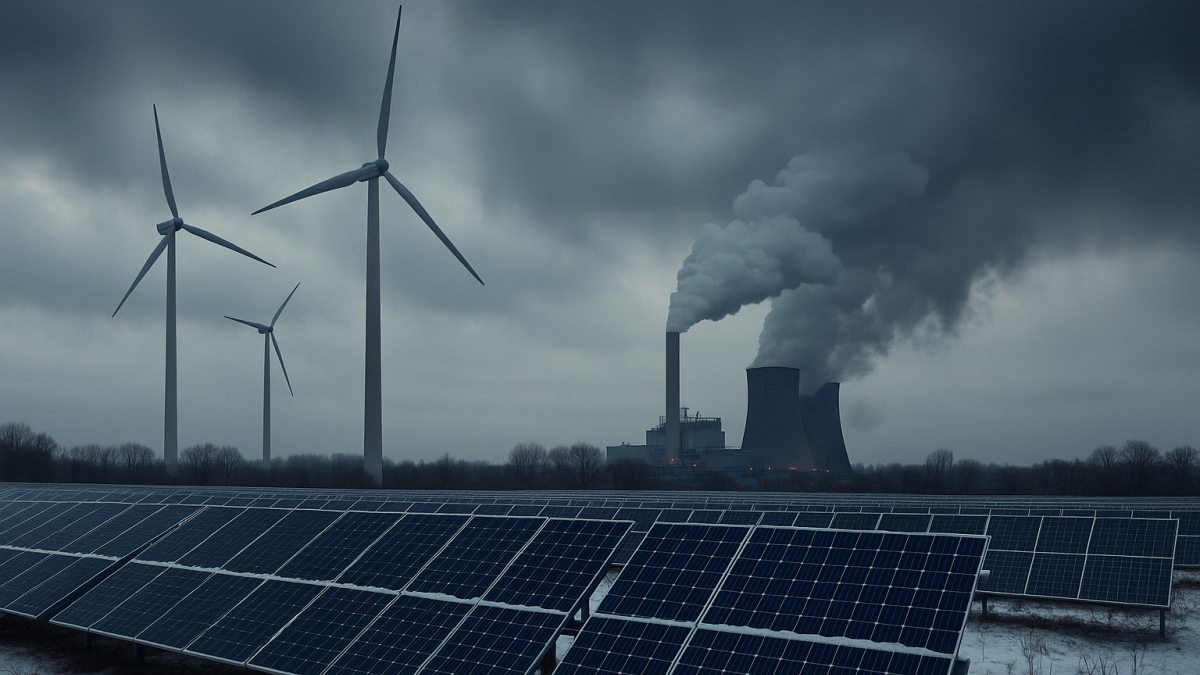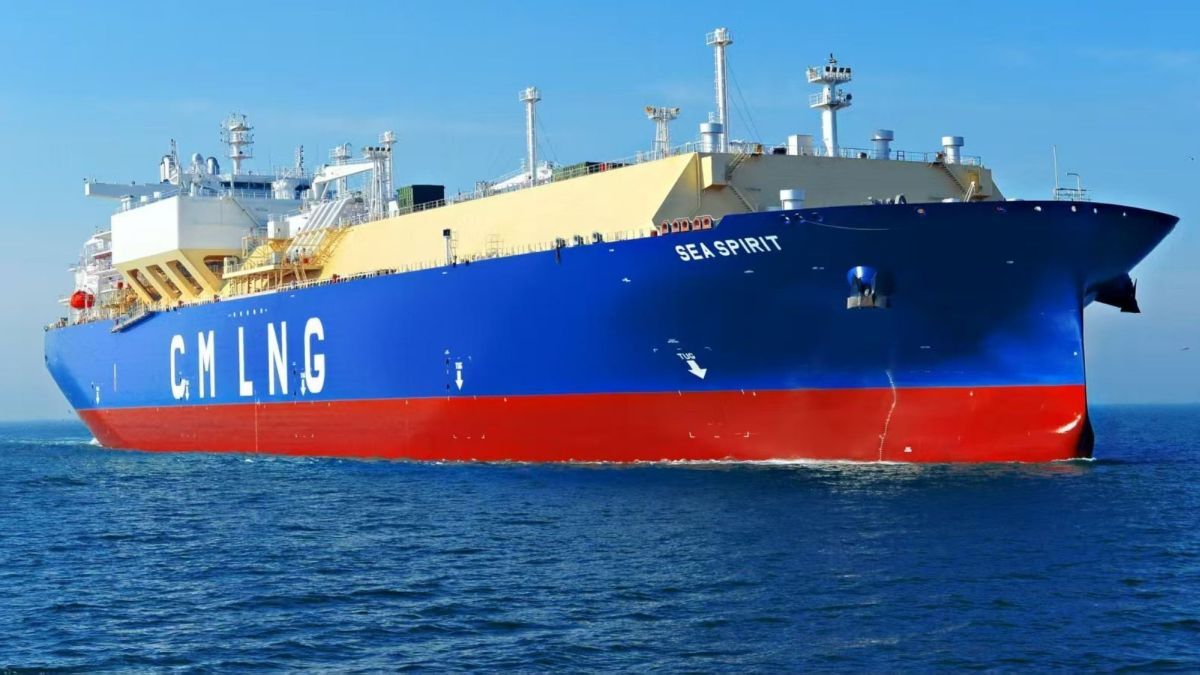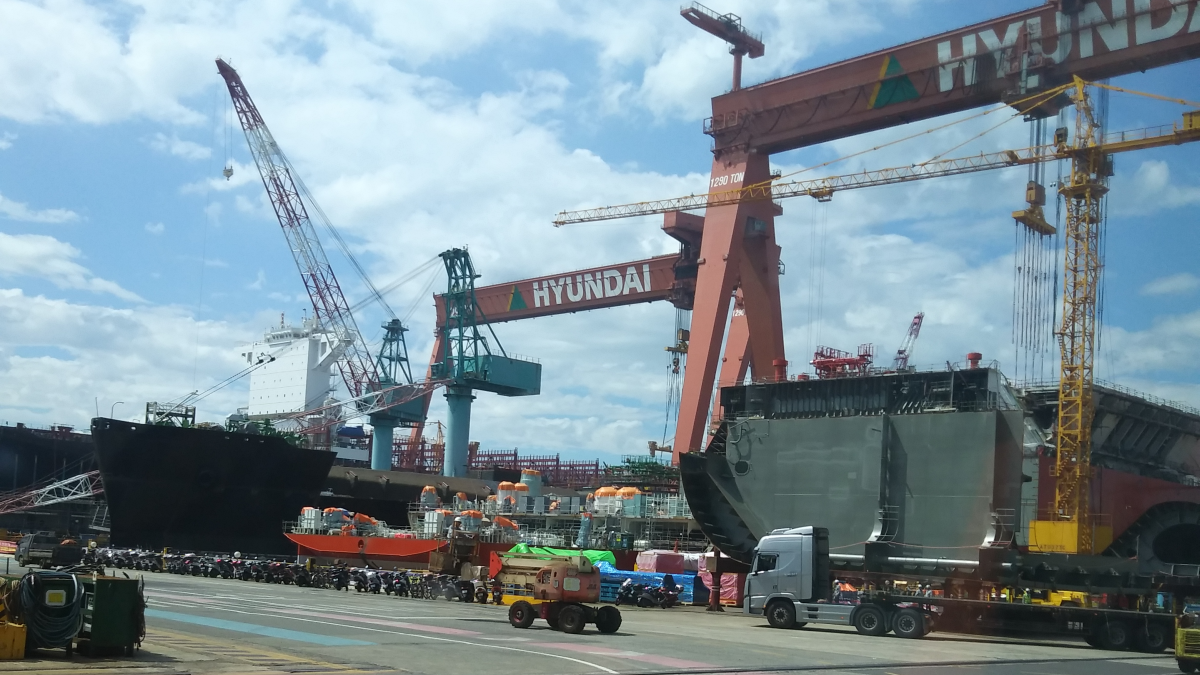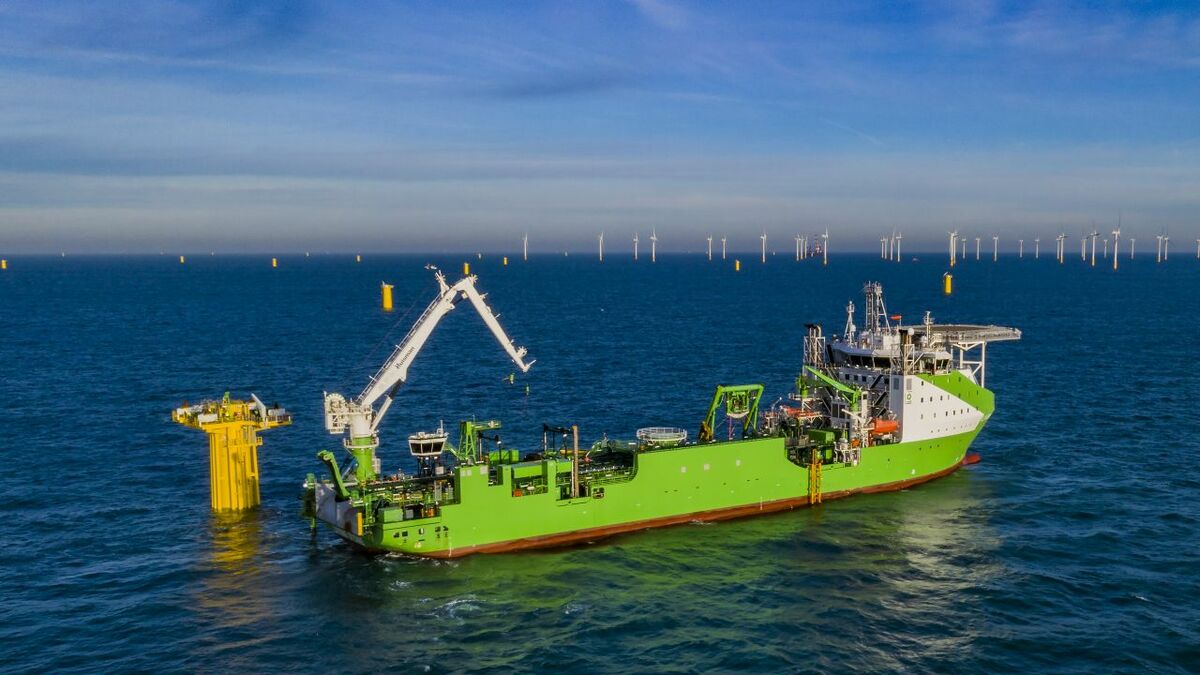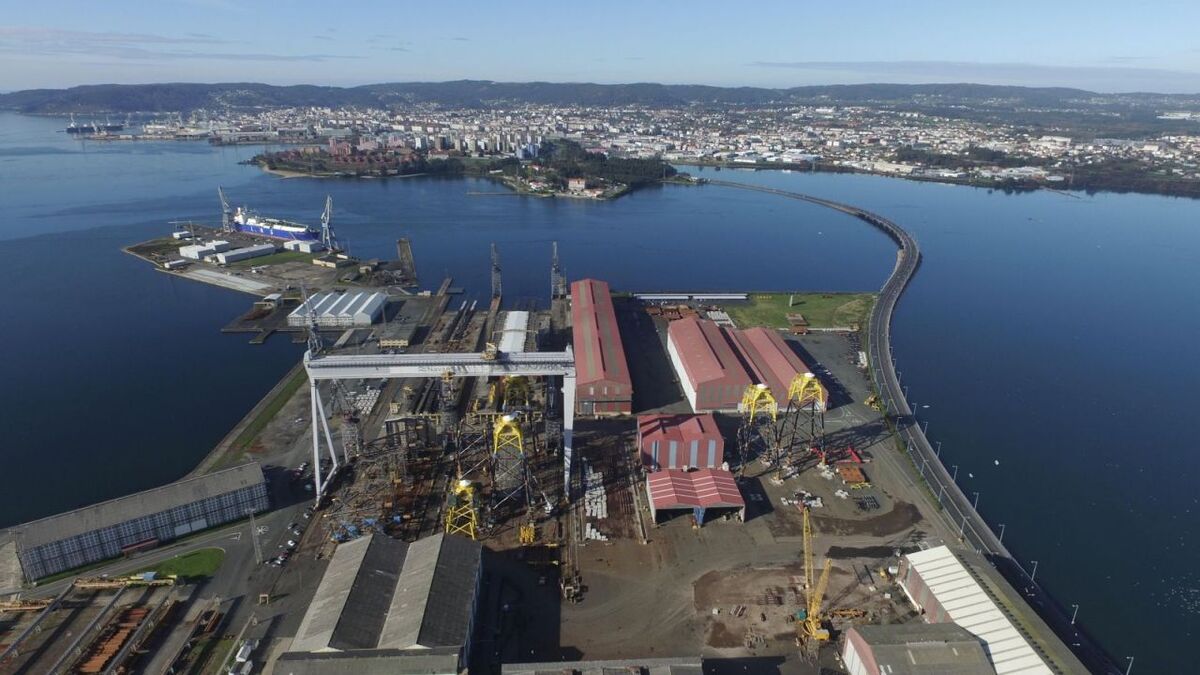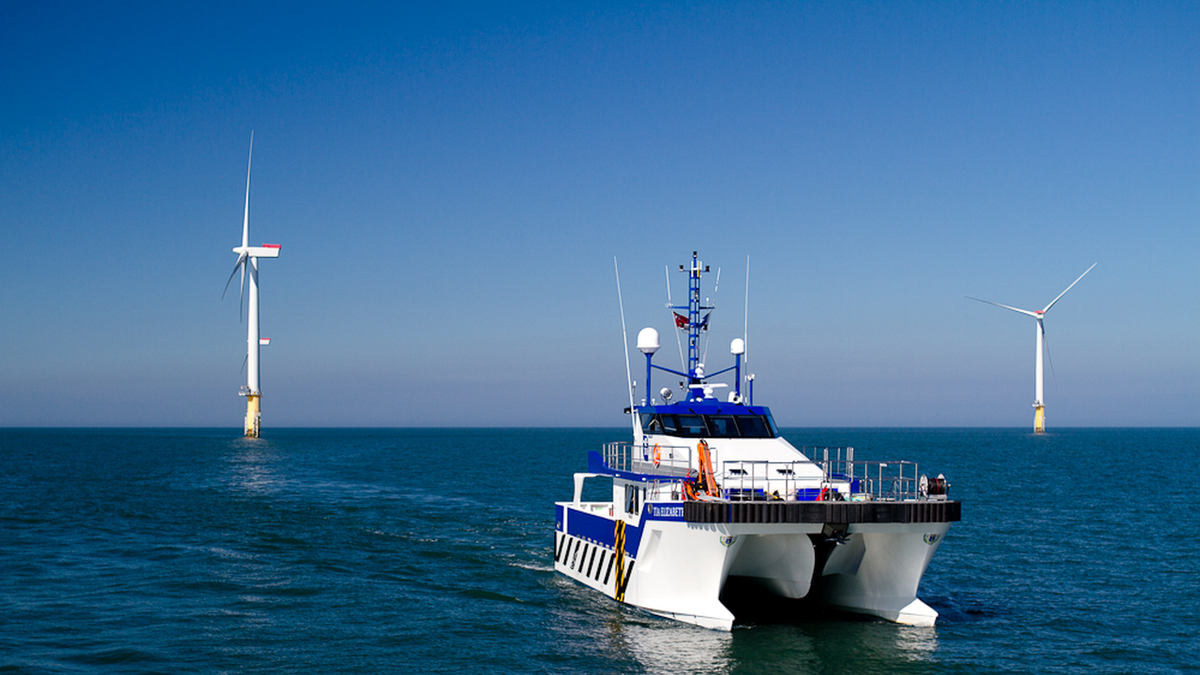Business Sectors
Events
Contents
Register to read more articles.
UPDATED: Vote sees MEPs back plan to speed up offshore wind deployment
Members of the European Parliament (MEPs) have set out recommendations on ways to deploy offshore wind more quickly
A report MEPs adopted on 16 February 2022, in response to a European Commission communication, stressed that meeting 2030 and 2050 targets for offshore renewables requires faster deployment of offshore wind, but states that maritime space and coasts must be managed more sustainably.
MEPs said a net-zero emissions economy requires renewable energy to be deployed on an unprecedented scale and stressed the urgency of improving and expanding existing infrastructure. Many member states are lagging behind in the switch to renewables, they said.
MEPs highlighted the need to reduce the time it takes to secure permits and called on the member states to set up a transparent process and consider introducing time limits for issuing permits.
They stressed that the EU is a technological leader in offshore wind and could expect a significant economic boost by supporting the growth of clean energy. The NextGenerationEU recovery fund provides a unique opportunity to mobilise capital in addition to private investments, they said.
MEPs said offshore wind can benefit marine biodiversity if designed and built sustainably, but must coexist alongside other activities, such as fishing and maritime transport.
They stressed that work needs to be done in order for the public to accept offshore wind and to convince citizens that renewable energy is key to achieving energy independence and security of supply.
It is crucial to design, develop and deploy renewable offshore energy in a circular and renewable way, as significant amounts of metals and minerals are needed, MEPs said. They called for an EU-wide landfill ban on decommissioned wind turbine blades by 2025.
Danish MEP Morten Petersen said, “The offshore renewable energy strategy is key to the green transition. Time is of the essence. We need lots of green electricity to fulfil our climate objectives and the offshore renewable energy strategy is absolutely essential in this regard.
“Today’s vote shows we all understand the urgency of the matter and we are putting offshore renewable energy front and centre in the fight against climate change.
“We need to introduce time limits and remove the many barriers that stand in the way of fast, successful integration of renewables in Europe.”
MEPs also highlighted that the cost of offshore wind has fallen dramatically in the last two decades, making it one of the most competitively priced sources of energy.
However, if fossil fuels and fossil fuel subsidies are not phased out, meeting renewable energy goals and limiting global warming to less than 1.5°C by the end of the century will be impossible, they said.
WindEurope said it welcomed the report. “It is a very good report. It confirms the vision for offshore wind to become the backbone of Europe’s electricity system,” it said.
“The wind industry is ready to deliver more than 300 GW by 2050. And the report is spot on about the action needed to deliver that. We need to invest in power grids, ports, and the supply chain. And we must make the most of hybrid offshore projects.
”We also need to scale up floating offshore wind to make offshore wind installations a reality in all sea basins around Europe, including the Atlantic, Mediterranean and Black Sea.
“We are delighted that the European Parliament endorsed this ambitious report.”
Riviera Maritime Media will provide free technical and operational webinars in 2022. Sign up to attend on our events page
Related to this Story
Events
Offshore Support Journal Conference, Americas 2025
LNG Shipping & Terminals Conference 2025
Vessel Optimisation Webinar Week
© 2024 Riviera Maritime Media Ltd.


